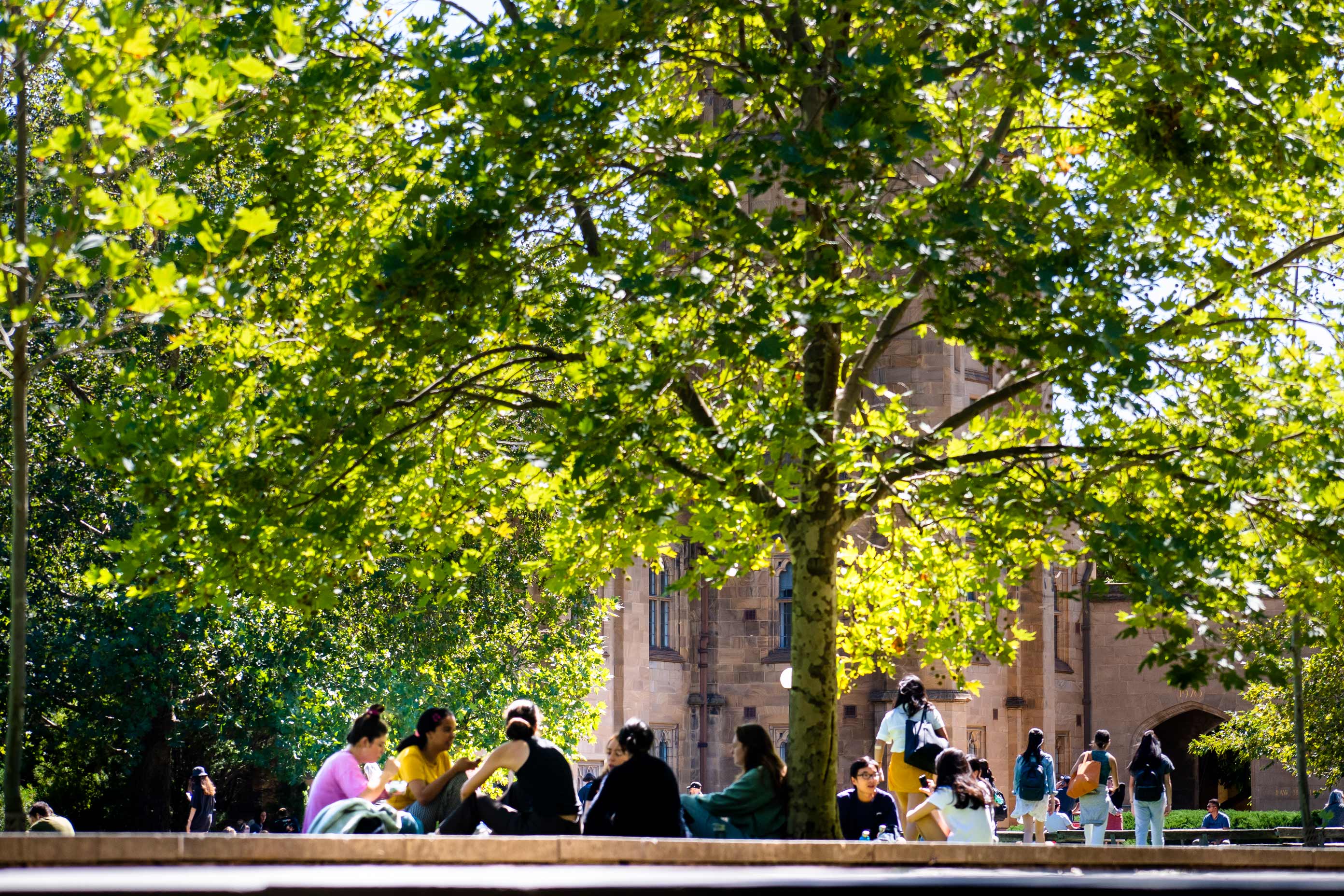Graduate Student Life Achieving Excellence Grants announced
The Faculty of Medicine, Dentistry and Health Sciences has won University funding under the Graduate Student Life Achieving Excellence Grants.

The Faculty congratulates the teams who recently won University funding for six impressive projects under the Graduate Student Life Achieving Excellence Grants.
Applications were invited for projects focused on graduate student experience initiatives that responded to the Graduate Student Life at Melbourne strategy, Recommendation 1: Lasting Connections.
The funded projects have considered strategies for strengthening our graduate students’ sense of connection and belonging to our scholarly community, with a strong emphasis on co-design with students.
The winning grants are:
DDS Peer Mentoring Program
Lead: Dr Samantha Byrne, Melbourne Dental School.
Anecdotally, the peer networks developed during dental school continue to support graduates during their careers as dentists. The DDS Peer Mentoring Program aims to co-design a peer-mentoring program with the Melbourne Dental Students’ Society and provide professional staff support and financial support for the program. The initiative introduces new Doctor of Dental Surgery students at the Melbourne Dental School to their peers in the second and third years of the degree, lessening a feeling of isolation new students may face. It will enable new Doctor of Dental Surgery students to begin developing their peer network and increase the awareness of support services available through the Melbourne Dental School Mental Health and Wellbeing team and wider University. A strong peer network will support students as they transition through their degree.
Grad Link Melbourne
Lead: Associate Professor Melissa Russell, Melbourne School of Population and Global Health
Grad Link Melbourne program aims to form lasting connections between students by enabling commencing students to connect in small peer groups to develop their work readiness capabilities. The program will build on evidence of effectiveness from the 2021 Gem Scott funded research, and it will be co-created with students guiding the development of program content. It will be suitable for degrees that can attend online or on campus and have flexible degree structures, where peer connection is more challenging. This initiative is a collaborative project between the School of Population and Global Health, the Department of General Practice, and the Master of Environment Staff. It will also incorporate the Degrees of the Master of Public Health, Master of Science – Epidemiology, and Master of Biostatistics and Master of Environment.
Transforming Practice Series
Lead: Dr Nicole Hill, Melbourne School of Health Sciences
Transforming Practice Series will actively connect and engage the Master of Social Work student cohort in conversations and debates to complement and extend their existing learning. The series will connect the RHD cohort, academic staff, alumni, and industry partners on current developments in social work practice. This will enable a stronger connection between these otherwise often disconnected groups together in an ongoing scholarly and intellectual community. This initiative provides opportunities for students to create lasting connections with alumni, RHD students and industry partners. It will socially connect future social workers (MSW students) with current social workers (alumni and researchers alike) and be an intellectual opportunity for all to engage in transformative and innovative discussions on the future of the profession. There would be opportunities for establishing supervisory and/or mentorship alliances and partnerships, deepening support mechanisms for MSW students on entry into the workplace.
Graduate Student Virtual Community
Lead: Dr Stephen McKenzie, Melbourne School of Psychological Sciences
The Graduate Student Virtual Community program consists of developing an online community to provide connection, success, wellbeing and engagement for course work graduate students. The initiative will provide a valuable university and post-university graduate student coming together space, resources repository, and community of learning and professional practice. It will include a virtual social space – café/drop-in centre/ meeting place, a virtual wellbeing support centre, and a graduate student success and networking area containing an ongoing virtual community of post-graduate students and professional practice. It will help graduate students develop a sense of collaborative identity and belongingness, provide ongoing connection opportunities, and help graduate student wellbeing, success, and engagement.
A Fork in the Road: Alumni Mentoring Towards Success
Lead: Alice Reid, Learning and Teaching Unit
A Fork in the Road: Alumni Mentoring Towards Success will not only help Honours students within MDHS disciplines learn more about the coursework and/or research options available to them after their studies, it will also help them make connections to their peers. Honours students complete their studies with two pathways available to them – graduate coursework study or pursuing research. This initiative would connect current Honours students to alumni who have continued at The University of Melbourne in either a graduate research or graduate coursework degree to assist them in making a more informed decision about the next stage of their studies. The mentoring would be done in small groups, creating connections across a group of like-minded students in a notoriously isolated cohort across different laboratories and research facilities.
Enhancing Interdisciplinary Teamwork
Lead: Dr Grace Nixon, Melbourne School of Health Sciences
Enhancing Interdisciplinary Teamwork will connect Master of Clinical Audiology students and Social work students with the opportunity to work together to understand interdisciplinary teamwork, which is a key feature of working within health settings. This will be achieved by creating small groups that will continue to meet and work together throughout the year. It will also aim to bring these groups together with members from other disciplines, building interdisciplinary connections over eight months of the year. These connections aim to build a sense of camaraderie and belonging in students and build lasting academic and professional connections that will benefit students and the community they serve post-graduation. The project will also further equip students for their careers post-university.
Please feel free to reach out to the leads about these projects now, or as their projects are rolled out and begin to enrich the student experience.
Over 2022, we will see a strong focus on supporting a student experience where excitement, belonging and connections are key.